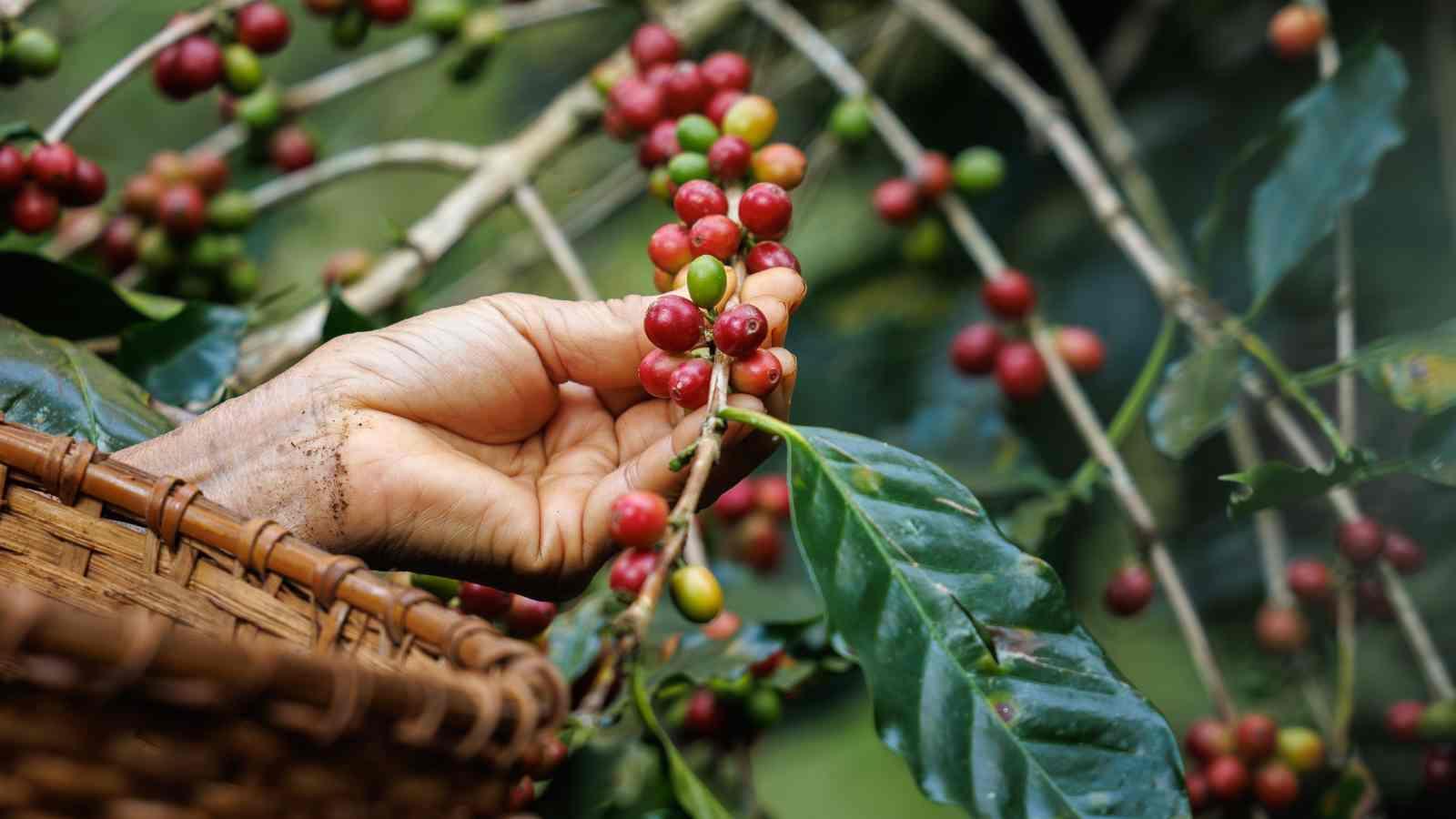
A Global Tour of Coffee Culture and Traditions
From the bustling espresso bars of Italy to the vast coffee plantations of Brazil, coffee is more than just a beverage; it's a global phenomenon that shapes economies, traditions, and daily rituals. Let's embark on a journey to explore the rich and aromatic world of coffee.
The Origins of Coffee
The story of coffee begins in Ethiopia, where it's believed the coffee bush was first discovered. Legend has it that a goat herder named Kaldi noticed his goats frolicking energetically after eating the red berries from a particular bush. Curious, Kaldi tried the berries himself and felt an immediate boost. Monks at a nearby monastery then created a drink with the berries that kept them awake during long meditations. This discovery soon spread across the Arabian Peninsula, setting the stage for a global coffee revolution. For more about coffee's fascinating origins, visit Coffee.
The Spread to Europe and Beyond
By the 17th century, coffee had made its way to Europe, becoming a popular drink in cafés across Italy and France. These European coffee houses quickly became social hubs, places of intellectual exchange and even political debate. As coffee spread to the New World, each region adapted its own unique practices and preparations, giving rise to a diverse coffee culture.
Regional Coffee Varieties and Brewing Techniques
Each region's climate and geography influence the flavor profile of its coffee. For example, Arabica beans, which are favored for their smooth, complex flavor profiles, thrive in the high altitudes of Latin America. In contrast, the robust Robusta beans are cultivated extensively in the lower altitudes and warmer climates of Africa and Asia, known for their stronger and more bitter flavors.
Coffee Culture in Modern Times
In modern times, coffee culture has seen a resurgence of artisan and specialty coffees. Third-wave coffee shops emphasize quality sourcing, roasting, and brewing techniques, turning coffee drinking into a gourmet experience. This movement highlights the unique characteristics of each coffee type and promotes sustainable and ethical farming practices.
The Social Impact of Coffee
Coffee is not just a popular drink; it's also a significant economic commodity. Millions of people around the world depend on coffee farming for their livelihoods. The industry supports large-scale production and small artisan producers alike, shaping economies and influencing global trade patterns.
Future Trends in Coffee Culture
As consumer preferences evolve, so too does the coffee industry. Recent trends include an increase in home brewing techniques and a growing awareness of the health impacts of coffee consumption. Innovations in coffee technology continue to transform the way we brew and enjoy our favorite cup.
In conclusion, coffee is more than just a morning staple; it's a rich part of cultural traditions that spans continents and centuries. As we explore the depths of different brewing methods, regional flavors, and the social impacts of coffee, we gain a greater appreciation for this beloved beverage and its capacity to bring people together.